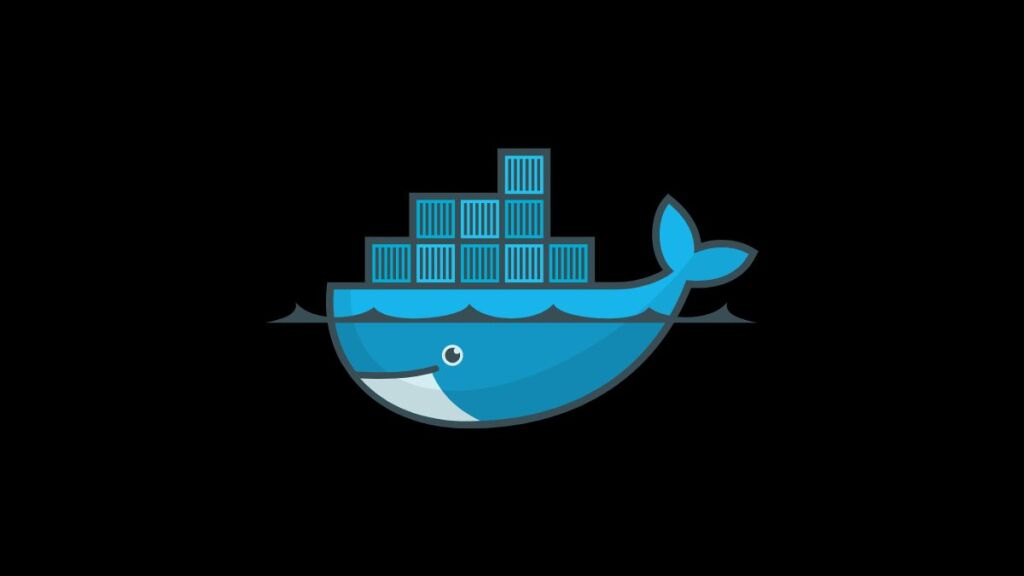OpenMetadata is an emerging open-source metadata management and data discovery platform that simplifies the way users discover, understand, and consume data assets in the enterprise. Leveraging Docker Compose for deploying OpenMetadata can significantly streamline the setup process, making it more accessible for data teams to adopt and integrate into their workflows. This article provides a detailed guide on deploying OpenMetadata using Docker Compose, including a practical Docker Compose example.
Prerequisites
Before you start, ensure you have Docker and Docker Compose installed on your system. These tools are critical for managing the containerized environment in which OpenMetadata will run.
Step 1: Create Your Docker Compose File
The first step in deploying OpenMetadata is to create a docker-compose.yml file. This file will define the services required to run OpenMetadata, including the application server and database. Create a new file named docker-compose.yml in a suitable directory on your system and open it in your text editor of choice.
Example Docker Compose Configuration for OpenMetadata
Below is a basic Docker Compose configuration tailored for OpenMetadata. This setup uses the official OpenMetadata Docker image and a PostgreSQL database, a common choice for OpenMetadata deployments.
version: '3.8'
services:
openmetadata:
image: openmetadata/server:latest
environment:
- SPRING_DATASOURCE_URL=jdbc:postgresql://db:5432/openmetadata
- SPRING_DATASOURCE_USERNAME=openmetadata_user
- SPRING_DATASOURCE_PASSWORD=openmetadata_pass
depends_on:
- db
ports:
- "8585:8585"
db:
image: postgres:13
environment:
- POSTGRES_DB=openmetadata
- POSTGRES_USER=openmetadata_user
- POSTGRES_PASSWORD=openmetadata_pass
volumes:
- postgres_data:/var/lib/postgresql/data
volumes:
postgres_data:Explanation of the Docker Compose File
- OpenMetadata Service: This service runs the OpenMetadata application, using the latest server image. It is configured to connect to the PostgreSQL database (
db) service defined below. The application is accessible on port8585. - Database (db) Service: This service runs a PostgreSQL database, using the version 13 image. It sets up an initial database, user, and password, as specified in the environment variables. The
postgres_datavolume is used to persist the database data. - Volumes: A named volume (
postgres_data) is declared to ensure that the database data persists across container restarts and recreations.
Step 2: Launching OpenMetadata
With your docker-compose.yml file ready, launch your OpenMetadata instance by running the following command in the directory containing your Docker Compose file:
bashCopy code
docker compose up -dThis command starts the OpenMetadata application and the PostgreSQL database in detached mode, making your OpenMetadata instance accessible at http://localhost:8585.
Step 3: Verifying the Deployment
After launching your services with Docker Compose, you can verify that OpenMetadata is running by navigating to http://localhost:8585 in your web browser. You should be greeted with the OpenMetadata UI, where you can start exploring and managing your data assets.
Conclusion
Deploying OpenMetadata using Docker Compose provides a convenient and straightforward method to get your metadata management platform up and running quickly. By following the steps outlined in this guide, you can achieve a flexible and scalable deployment ready to be integrated into your data ecosystem. Docker Compose simplifies the deployment process and ensures that your OpenMetadata instance is easy to manage, update, and scale as your data needs evolve.
- How to Add Captions inside Feature Images with GeneratePress - May 8, 2024
- Car Dealership Tycoon Codes: Free Cash for March 2024 - April 9, 2024
- World Solver - April 9, 2024

